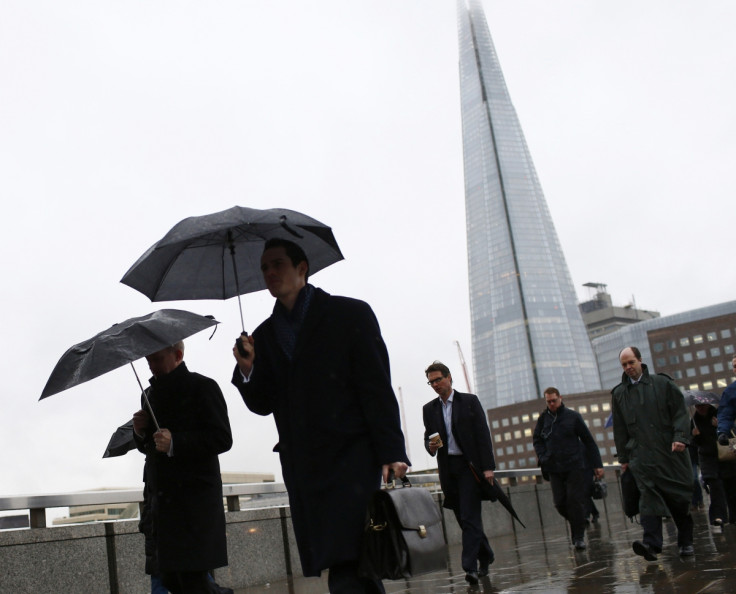UK unemployment falls while labour market cools amid Brexit uncertainty

The rate of expansion in Britain's labour market slowed down in April, amid signs that uncertainty surrounding the upcoming European Union referendum might be taking its toll, according to figures released on 18 May by the Office for National Statistics (ONS).
The uncertainty surrounding Britain's future in the EU has led to firms putting hiring and investment on hold, while recent economic data showed the UK economy slowed down in the first quarter, the ONS said.
Data showed the number of people in employment rose by 44,000 to 31.6m in the first three months of 2016. This gain was less than a quarter of that registered between October 2015 and December 2015.
Meanwhile, unemployment fell by 2,000 to 1.69m in April, leaving the unemployment rate unchanged at 5.1%, the lowest rate since early 2006. The decline in the number of unemployed people contrasted with the 6,700 increase recorded in the previous month and with analysts' expectations for a 5,000 increase.
"The employment rate has hit another record high, but this time the increase is quite modest," said ONS statistician Chris Freeman. "With unemployment very little damaged, that is further evidence the jobs market could be cooling off."
Annual pay growth excluding bonuses fell to 2.1% in the quarter compared with 2.2% in the three months to February, while total pay inflation edged up to 2% from 1.9%.
Meanwhile, jobless benefits, a narrower gauge of unemployment, fell 2,400 in April, reversing the upwardly revised 14,700 increase recorded in March. The jobless-claims rate, however, remained at 2.1%.
Last week, the Bank of England warned a further deceleration was expected in the upcoming three months, cutting its growth forecast from 0.5% to 0.3%.
The BoE also reduced forecast for economic growth for each of the next three years, with growth expected to be 2.3% in 2017 and 2018, compared with the 2.4 to 2.5% forecast in February, while growth for the current year has been cut from 2.2% to 2%.
© Copyright IBTimes 2024. All rights reserved.






